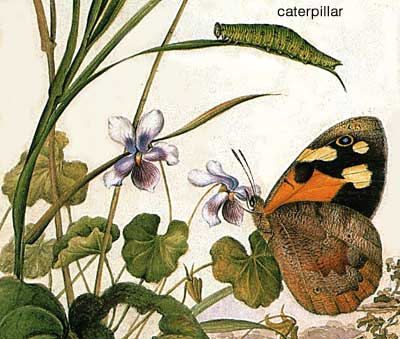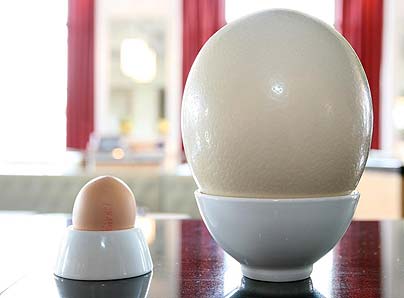The lightest organ in the human body is the lung. An ostrich egg is also the largest existing single cell. When the queen of a clown fish school dies, a male clown fish changes its gender to become female and takes her place. In seahorses, it's the male who gives birth to the young. Elephants have been known to remain standing after they die. House flies have a lifespan of two weeks. The average person falls asleep in seven minutes. When you blush, your stomach lining also reddens. The surface area of a human lung is equal to that of a tennis court. The human body contains about six-thousand miles of blood vessels. Every four days the worlds population increases by one million people.  | Cell theory states that:
|
 |
